It’s a question that many are asking while shopping around for a new vehicle. And like many big investments, it’s one worth taking the time to research. At Meridian, we’re committed to helping more people get the most out of EVs, whether that’s at home, in public or at work. But knowing whether you should make the move to an EV, and if it’ll be worth it, is something we’ll tackle in this guide. Let’s get into it!
Are EVs worth it?

Upfront costs of EVs
Looking at the initial cost of electric vehicles compared to their petrol or diesel counterparts, they’re usually the more expensive option. However, comparing EVs with regular ICE (internal combustion engine i.e. petrol or diesel) cars can be difficult because the technology is so different. But if you simply want to get from A to B in a reliable car that’s cheap, traditional vehicles will likely offer more choices.
Why is buying an electric vehicle more expensive? Firstly, the scale and manufacturing processes involved is nowhere near that of ICE cars. The battery is costly and is the most significant part of the EV. The technology is also relatively new compared to other cars. With that said, the upfront cost of an EV might be higher, but your running costs – both charging and maintenance - will be far less. Check out the vehicle comparison calculator.
As you shop around for a new car, it’s now more important than ever to calculate the lifetime cost as opposed to the upfront cost. When those numbers are crunched, EVs start to look like much more of a value option.
The changing EV market
If you’re following motoring news in New Zealand, you’ll know how frequently new EV models and infrastructure are being introduced, and that there have recent changes that affect the cost of buying and running EVs, with the removal of the clean car discount and application of road user charges.
New Zealand motorists are facing this decision at the moment when in the market for a new car: do I go electric or petrol/diesel this time?
So, what’s the answer? Unfortunately, it’s not the same for everyone.
More options
If you’re someone who believes in the benefits of an EV from a performance, technology, running cost or environmental standpoint, then it’s a perfectly good time to buy an electric vehicle. There’s plenty of options in the market now (although still a fair way off the choices in petrol or diesel) and the used market is starting to grow, too.
A more EV-friendly landscape
EVs in New Zealand, while still a small percentage of the total cars on the road, are out of the ‘first adopters’ period. That means getting charged up in public, good servicing and accessories are now reasonably accessible. This makes buying an EV now much more ‘worth it’ than it has been in the past.
Price driven
If your vehicle choice is driven mostly by price, or the availability of petrol/diesel stations across the country, then a petrol or diesel vehicle might be more appealing than an EV. Just remember to include the cost of weekly petrol or diesel compared to the charging costs of an EV, then work out how long you plan to own the car for. This will help give you a more realistic lifetime cost comparison. You should also think about maintenance costs – EVs have a lot less moving parts, so you can expect to save a heap on service and repairs.
Environmental considerations of an electric vehicle
We’re proud to call New Zealand home, a country long known the world over for its natural environment. Given electric vehicles don’t release harmful pollutants into the air when running – like petrol and diesel cars do – many EV owners chose electric (at least in part) because they are so environmentally friendly.
Though EVs are not completely free of impact on the environment. Consider raw materials, manufacturing, transport, and the batteries that will need replacing at some point during the car’s useful life. However, head-to-head with ICE vehicles, running an EV is far less damaging to the planet, both in terms of how it is charged and its lack of emissions.

Charging costs vs. petrol or diesel cars
Charging is where the rubber really hits the road for many Kiwis deciding if an electric car is worth it for them. And it’s this factor where an answer is much easier to provide.
Yes. Electric vehicles are totally worth it when it comes to charging costs. The comparison with petrol or diesel at the pump is drastically different. The Government’s site, GenLess, makes a comparison in terms of comparable per litre equivalent cost - finding that charging an EV in typical usage is like paying $0.40/litre at the pump. Try finding that deal anywhere!
Once the initial purchase is behind us, the cost of a vehicle is about filling it up and maintenance. The benefit of a reliable, cheap-to-run car is something we only appreciate when we’ve got an expensive running or maintenance-hungry car.
If that’s something you want to avoid again (or even experience as a first time owner), an EV is worth it. Public charging and charging your EV at home overnight is much cheaper than filling an petrol or diesel vehicle at the pump.
Your needs from a vehicle
If the costs stack up along with the environmental benefits, it’s now time to think about whether an EV is worth it for your specific use. While today’s electric vehicle options are available in different body types, sizes and amount of power, there’s still some things to keep in mind before committing:
- Driving long distances regularly is possible with electricity, but there aren’t as many EV charging stations as there are pump stations right now. Some may prefer the distance and access to more stations across the country that a petrol or diesel vehicle offers. Of course, as more charging stations are installed across New Zealand, the concern around places to charge up will shrink.
- The pulling power and payload of a ICE vehicle often outperforms an electric vehicle, dollar for dollar. While there are EV models that boast good towing and carrying capacity, they’re often quite expensive and currently come at the cost of battery life.
- If you need a vehicle that can handle rough terrain and bad weather, like a farmer or someone in construction, the EV options in New Zealand still aren’t anywhere near the number of petrol or diesel vehicles. The difference becomes even more noticeable on the used market where used ICE work vehicles are available at almost any price range.
Whatever your vehicle needs are, if you’re looking for a family vehicle, something to commute from the suburbs to city centre, or take you on a trip to the country, an EV is perfect. Being stuck in traffic in an EV doesn’t use up energy like it does in a fuel car, so they can be even more economical for workers or school drop offs. And despite this setting being optimal, the modern EV can absolutely handle a longer trip – with a little bit of planning beforehand to know where the charging stations are!
Your home’s readiness for an EV
An EV and a garage are great mates. This allows easy, safe charging away from the elements. But we know that many across the country don’t have a garage, so their vehicles live outside uncovered or in a car port. If that’s the case, look into getting an outdoor power outlet installed by a qualified, reputable electrician who can ensure it’s safe and protected from weather.
Depending on how sophisticated – and quickly – you want to charge your EV at home, you’ve got some options. Some owners opt for a special wall unit to be installed that helps deliver power faster. Charging through the regular electrical socket in the garage is also an option, although it will be slower.
Finally, make sure that the potential EV model you’re going to buy will be compatible with your home - such as its ability to fit the garage or carport.
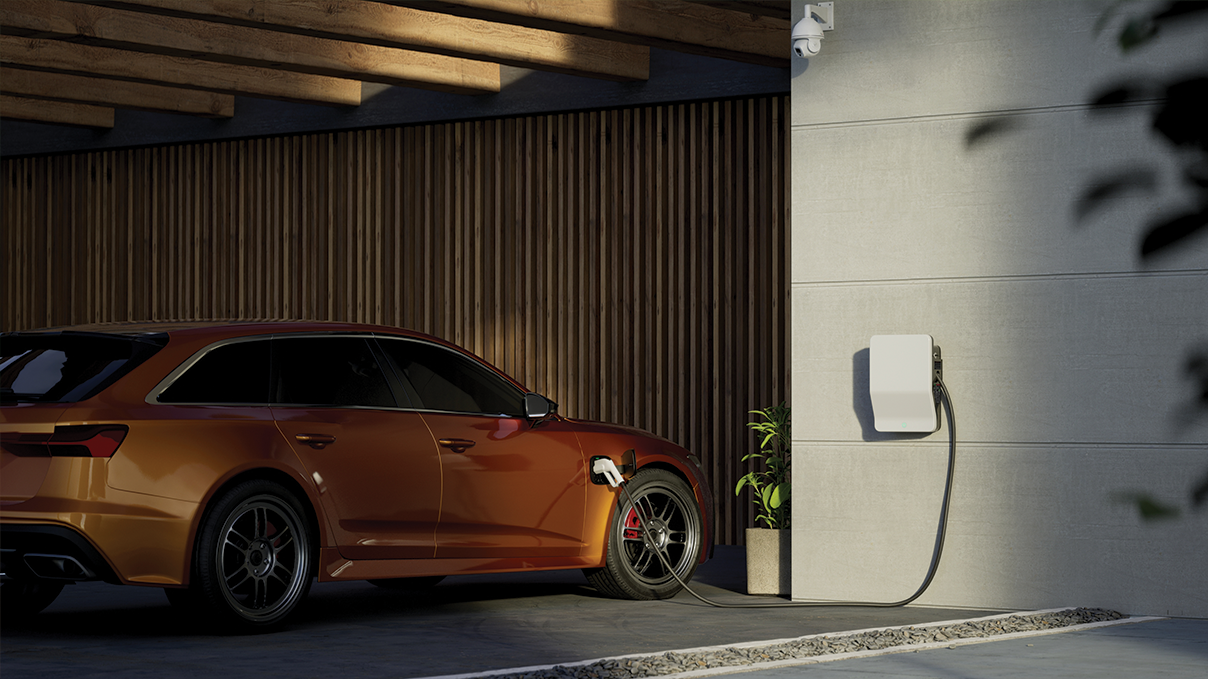
New technologies found in EVs
Technology in all vehicles is continually getting better and better each year. From optimisations in car performance and handling to the advancements in dashboard controls and info-tainment, new tech isn’t the sole domain of EVs.
But there are technologies that are unique to EVs with some pretty cool features with it - and for some that helps make EVs worth it to them. These features include:
- The ability to locate your vehicle in a busy, large car park.
- Getting over the air updates to improve the driving and features.
- Remote, app-based charging management.
- Bi-directional charging - meaning you can juice up your electric bike, devices or camping equipment from the EV.
- Optimised, app-controlled cabin conditioning - using smarts to heat or cool the cabin before you get in, without putting it on full blast once driving (which can impact the battery).
How long will you keep your EV?
Earlier we talked about the difference between upfront cost and lifetime cost of an EV. One of the questions to ask yourself here is how long you usually keep vehicles for. The savings gained through avoiding the pump will make the EV worth it, provided you keep it long enough to recoup these against the higher value of the car.
This consideration is also indicative of the current state of the EV market, not necessarily where it’ll be in the future. As more manufacturers and models look to compete and attract motorists to electric, we could well see parity with ICE vehicles that makes it a no brainer – up front and lifetime.
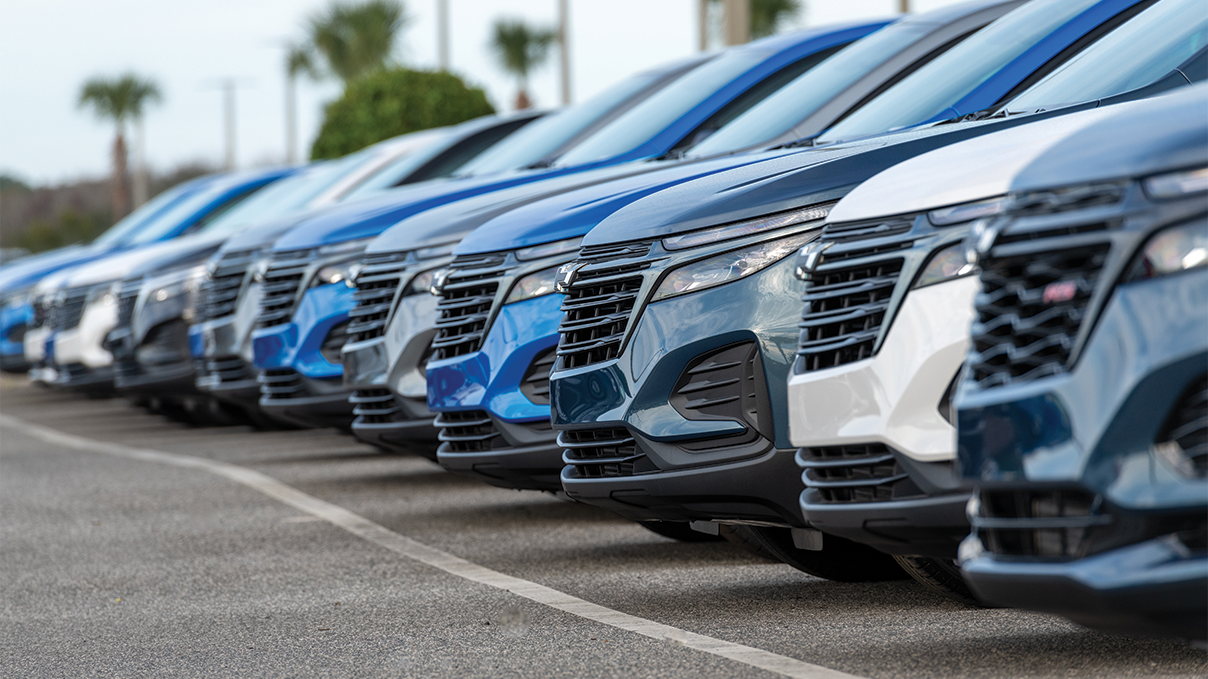
The eventual battery replacement
EV batteries aren’t cheap. In fact, a replacement starts at around $5,000 and can go much higher for certain models. This is another factor you should consider in your ‘worth it’ decision. Holding onto the vehicle for as long as possible? Expect to replace a battery at least once.
Finding a model that you like
All these cost, usability and environmental factors are important – but because you’re spending thousands on a vehicle, you’re also entitled to like the car itself. Driving experience and comfort should be a big part of whether an EV will work for you. The great news is that for most people driving an EV is incredibly enjoyable. From the instantly-accessible power, to the regenerative braking - not to mention the near-silent operation that makes it easier to hear those tunes!
All things EVs
Thinking of making the switch? We’ve got info on what they cost, why they’re great and heaps more to help you on your journey.
All articles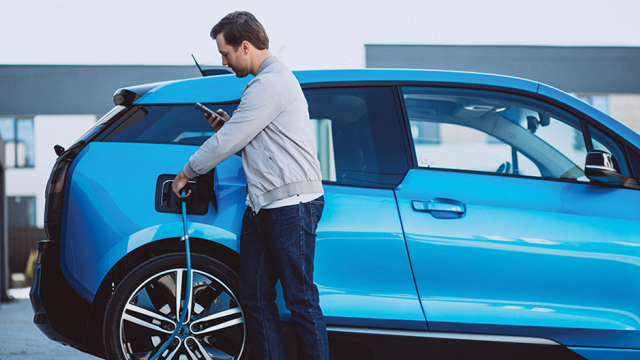
Owning an electric vehicle in New Zealand
An EV doesn’t just mean different technology, it brings with it different habits than those of a regular car.

Things to look out for with a used EV
In this guide we cover the main parts of a used EV to check – whether that’s at a used car dealer or in a private sale...
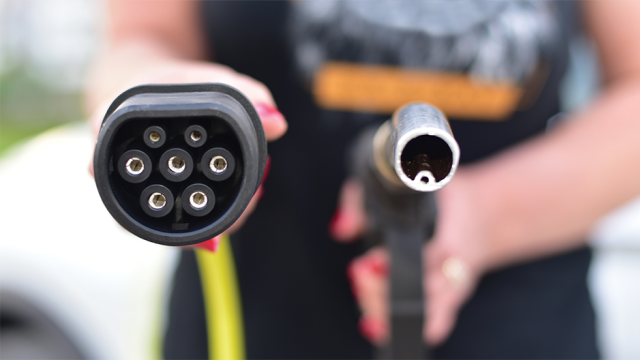
Electric Vehicles vs. Petrol or Diesel - Pros and Cons
Let’s talk about some common pros and cons that you might find with EV vs. ICE so you can make an informed decision on...
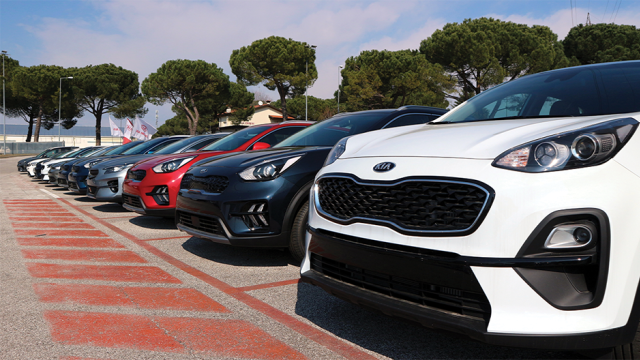
Comparing different EV options
In this guide, we provide some handy tips that you can refer to when comparing electric vehicles on your shortlist.
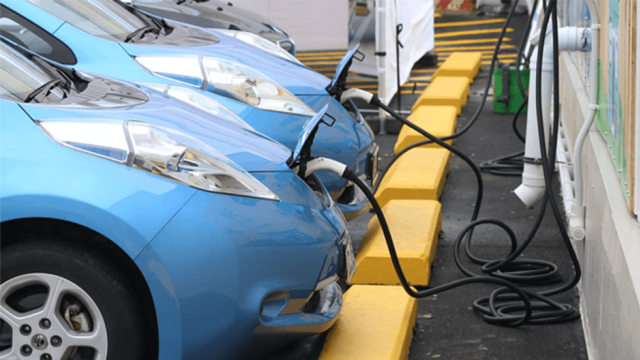
Useful information about EV charging at your business
Getting charging infrastructure for your business has many benefits. Here’s some important things to keep in mind.
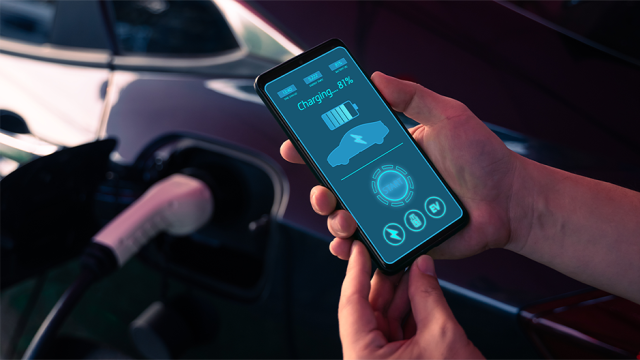
The guide to EV batteries
This guide will give you a head start when shopping around for an EV, or to simply understand your existing electric...

We’re levelling up the way we do transport
At Meridian, we’re committed to demonstrating our support of low emissions transport on the roads and in our waterways.
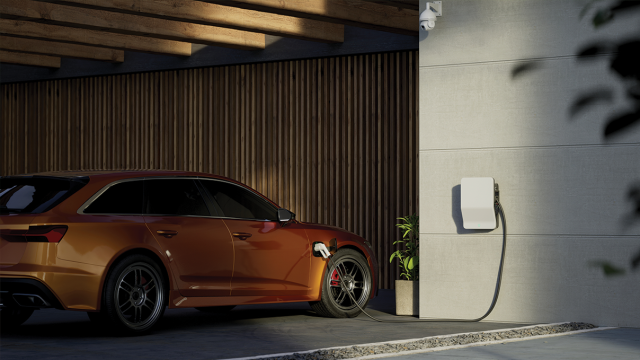
Are EVs worth it?
Many people are asking this question when shopping for a new vehicle. In this guide, we'll tackle whether you should...

Choosing an EV for a family
Any car purchase is a big deal, and it takes time to find the right model. Our guide below explores the family car...

How to integrate home solar and an EV
In this guide, we’ll help you get started in your planning to have solar and EV in the home.

Top considerations when buying an EV
Buying an electric vehicle (EV), especially for the first time, is an exciting process. In this guide we explore the...
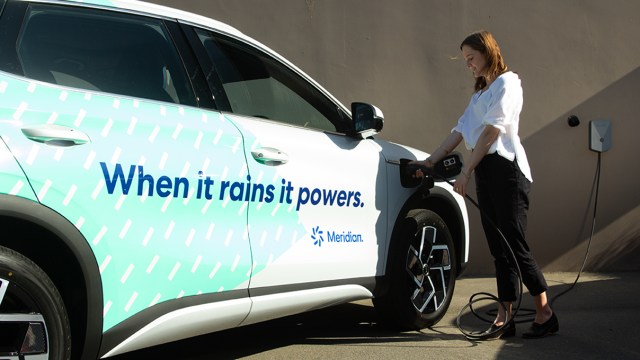
Considering an EV? The top three considerations for EV charging
When it comes to EV ownership, energy is often the last thing considered. Find out the top considerations for EV...
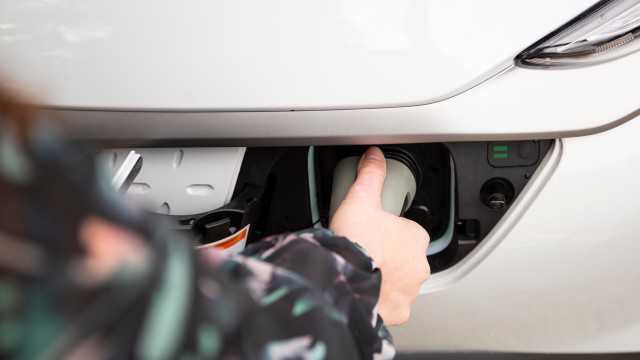
Charging EVs
Unlike petrol stations, chargers for your EV aren’t quite so common. Don't worry though, you’ve got options.
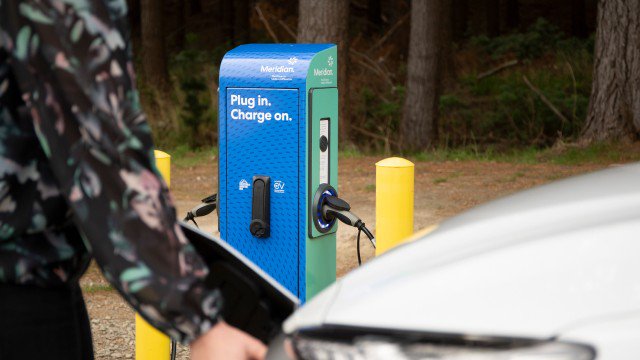
Plug vs pump – an electric car cost comparison
How much does it cost to buy an EV? And how much does it cost to charge?
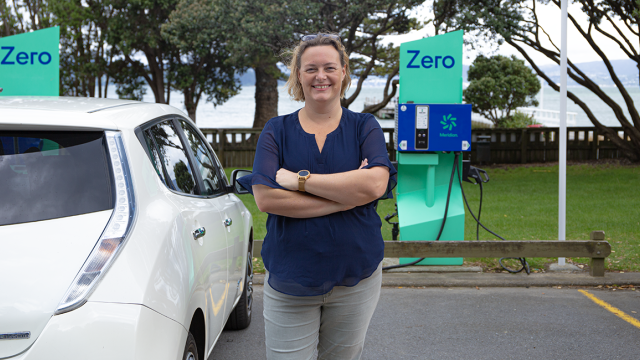
Is it worth buying a second-hand Nissan Leaf?
We chatted with Sophie about buying and owning a second-hand Nissan Leaf and how that’s working out for her family.